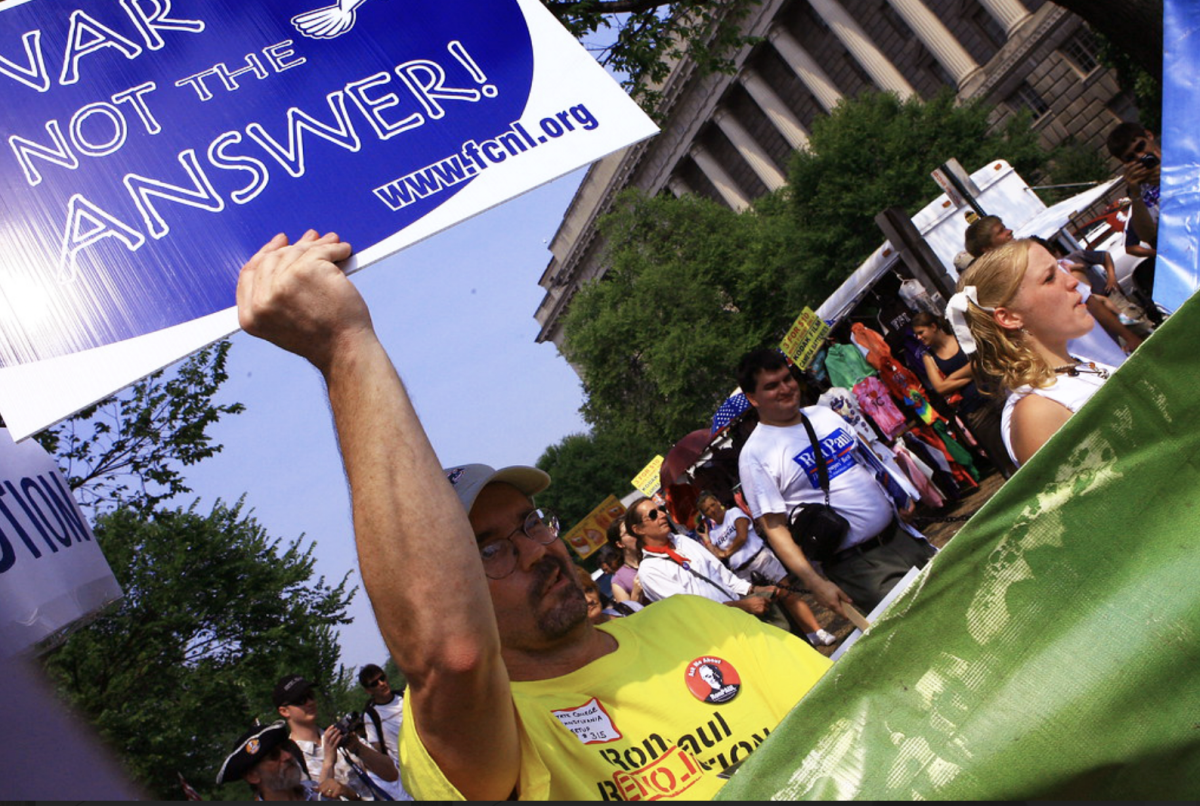The Upper School community is experiencing buzz as the presidential election approaches. Between Oct. 3 and 8, the Horizon and the Sidwell Political Union conducted a twelve-question survey of Upper School students to gauge their stances on the presidential candidates and the upcoming election. The political breakdown of Upper School students primarily reflects the predominantly Democratic nature of Washington, D.C., with Vice President Harris securing an 80-point lead over Former President Donald Trump among Sidwell Upper Schoolers.
Of 125 respondents, 90 self-identified as Democrats or liberals, 26 as Independents, and nine as Republicans or conservatives. The emerging bloc of politically independent upper schoolers reflects national trends in party affiliation; according to an October Gallup poll, 41% of Americans identify as independent, up 12% over the last twenty years.
Among Democrats, 97% said they had a neutral, somewhat favorable, or favorable opinion of Harris, though 30% said they were not satisfied with either presidential option. 83% of Democrats agreed this was the most critical presidential election of recent years, with 88 out of the 90 stating they would vote for Harris. Every Democrat stated they had a very unfavorable or somewhat unfavorable view of Trump. Among Republicans, two-thirds of the respondents have very unfavorable or somewhat unfavorable views of Trump, a percentage that increased after the September debate between Trump and Harris. Another two-thirds are neutral or somewhat favorable of Harris, with about half of the respondents saying they would vote for the Democratic candidate. An overwhelming majority of the Republican respondents agreed they were strongly dissatisfied with the options for the presidency.
50% of Independents favor Harris, while 30% are undecided or remain neutral. Positive or neutral views decreased to 20% for Trump, with only 15% saying they would vote for the former president. 58% said they would vote for Harris, while 27% said they would vote for another candidate or not vote at all.
Overall, 44% of all respondents said they were unhappy with the current presidential candidates, though only 8% said they would not vote if they were eligible. 86% said they would vote for Harris, 6% for Trump and 8% for neither.
An October Harvard Youth Poll showed that young Americans strongly favor Harris, leading by 28 points among voters 18-30. The poll also found that their decision to cast a ballot depends more on their peers than politics.
“The social dynamic of youth voting has never been more clear: when young Americans believe their friends will vote, they’re nearly two and a half times more likely to cast a ballot themselves,” said John Della Volpe, the polling director at Harvard Kennedy School’s Institute for Politics. “It’s peer influence, not just politics, that could determine youth turnout this year — and ultimately who becomes the next president.”
The poll also showed a widening gap among genders, a question the SPU/Horizon poll did not ask for. When President Biden was the presumptive nominee, he enjoyed a two-point lead with young men and a point lead with young women, an overall nine-point difference. The gender gap has expanded to 20 points with Harris, who is leading by 10 points among young men and 30 points among young women.
Upper Schoolers across the political spectrum also expressed anxiety about the upcoming election, with 40% saying they felt nervous or concerned. “This election feels like a point at which the country could go two very different directions,” junior William Panner said. “Not paying attention doesn’t seem like an option.”
“There is so much at stake from reproductive freedom to climate policy to gun safety laws,” Junior Maina Vaidya said. “The importance of this election cannot be overstated. I would encourage everyone to participate, whether registering to vote, volunteering at a polling center, or canvassing.”










































